DNVN - According to VCCI, the development of an artificial intelligence (AI) system may require the participation of many different entities. Because they only take on part of the AI system, these entities are not able to control the risks. Therefore, they cannot fulfill the responsibilities in the Draft Law on Digital Technology Industry.
The National Assembly's Committee on Science, Technology and Environment is seeking comments on the Draft Law on Digital Technology Industry (Draft).
One of the notable contents of the draft is the responsibility of the subjects developing artificial intelligence (AI) systems. Article 46.1 of the Draft sets out the responsibilities of the subjects developing AI systems.
However, based on business opinions, the Vietnam Federation of Commerce and Industry (VCCI) believes that this regulation is not suitable because its scope is too broad, covering many different subjects.
An AI system consists of many different components including: AI model, input data, hardware (data center, robot), user interface...
The development of an AI system may require the participation of many different entities. Since they only take on part of the AI system, these entities are not able to control the risks. Therefore, they cannot carry out the responsibilities in the draft.
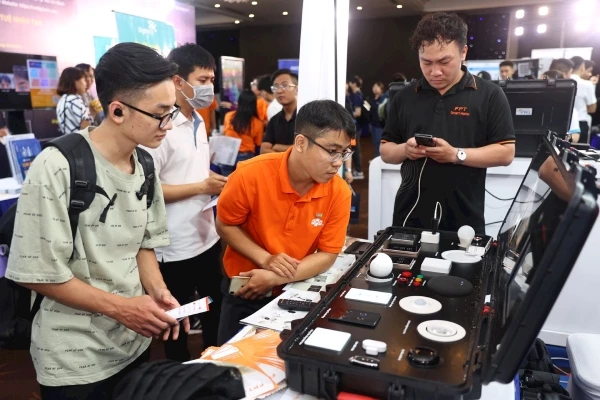
For example, companies that provide cloud computing services for AI systems are not able to assess and explain the safety risks of AI systems. Similarly, back-end service providers such as those that provide access to large language models (LLMs) only provide a component of an AI system and do not have control over the finished product. As such, this regulation would be unfeasible for many entities involved in system development.
In fact, only the entity responsible for developing the AI model controls this model and is able to fulfill these obligations.
From the above analysis, VCCI proposes to amend in the direction that the subject is "AI model developer".
Article 46.1.b requires AI model developers to be responsible for ensuring privacy, personal information, and promptly resolving individual requests in accordance with the law on personal data protection.
According to VCCI, this regulation is not suitable for the current way of training AI models. A business develops an AI model using public data on the internet, protecting privacy and resolving requests for personal information is not feasible. Furthermore, the Law on Personal Data Protection is also being drafted and is expected to be passed in May 2025.
Therefore, to avoid overlap and feasibility of the regulation, VCCI proposes to remove this regulation.
Regarding labeling of AI-generated products, Article 45 of the draft requires that products generated by AI systems must have clear identification marks. This provision seems inappropriate because it risks becoming obsolete before it is enacted.
Today, AI-generated product labeling technology has advanced developments that allow labeling in machine-readable formats without direct human display such as SynthID or C2PA.
To ensure the feasibility and "vitality" of the regulation, VCCI proposed to amend in the direction that technology labeling is done in a machine-readable format and can be detected as being generated or interfered with by AI.
"The digital technology industry is developing extremely rapidly with continuous changes, and is also a complex technical industry. Therefore, the regulations in the draft need to be built flexibly, suitable to the characteristics and nature of business models in the industry to ensure feasibility and not hinder business development," VCCI emphasized.
Moonlight
Source: https://doanhnghiepvn.vn/cong-nghe/vcci-quy-dinh-trach-nhiem-cua-chu-the-phat-trien-ai-chua-phu-hop/20250330090110651


![[Photo] National Assembly Chairman Tran Thanh Man meets with King Philippe of Belgium](https://vstatic.vietnam.vn/vietnam/resource/IMAGE/2025/4/1/c6fb3ef1d4504726a738406fb7e6273f)
![[Photo] Queen of the Kingdom of Belgium and the wife of President Luong Cuong visit Uncle Ho's Stilt House](https://vstatic.vietnam.vn/vietnam/resource/IMAGE/2025/4/1/9752eee556e54ac481c172c1130520cd)
![[Photo] President Luong Cuong and the King of Belgium witness the Vietnam-Belgium document exchange ceremony](https://vstatic.vietnam.vn/vietnam/resource/IMAGE/2025/4/1/df43237b0d2d4f1997892fe485bd05a2)

![[Photo] Official welcoming ceremony for the King and Queen of the Kingdom of Belgium](https://vstatic.vietnam.vn/vietnam/resource/IMAGE/2025/4/1/9e1e23e54fad482aa7680fa5d11a1480)
![[Photo] President Luong Cuong meets with King Philippe of Belgium](https://vstatic.vietnam.vn/vietnam/resource/IMAGE/2025/4/1/1ce6351a31734a1a833f595a89648faf)











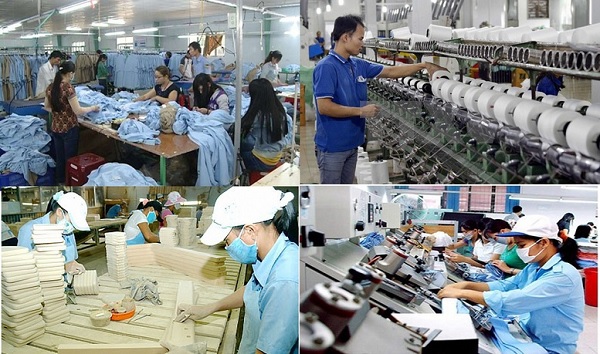









































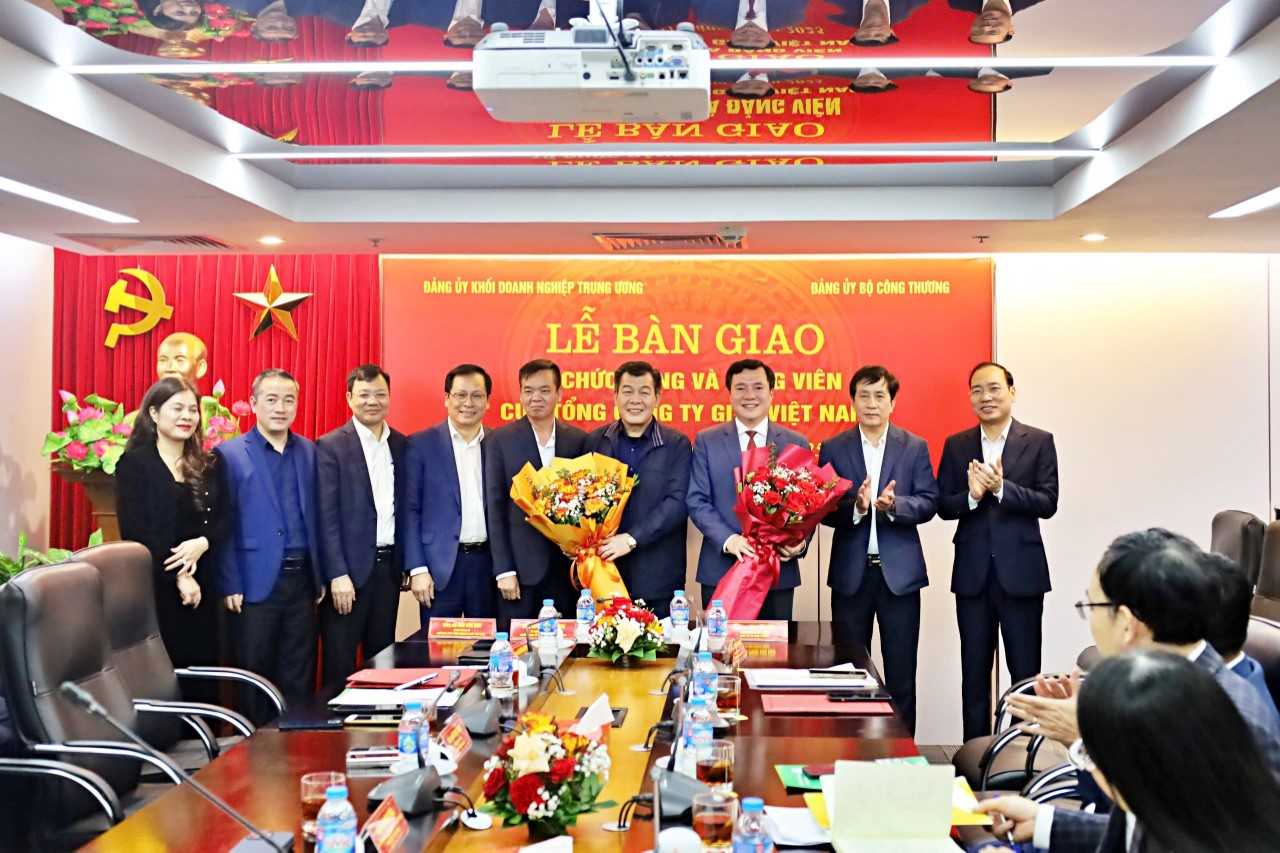



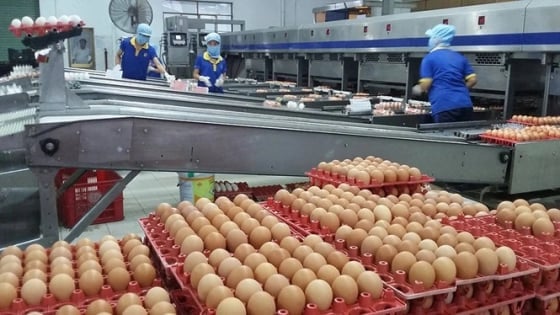











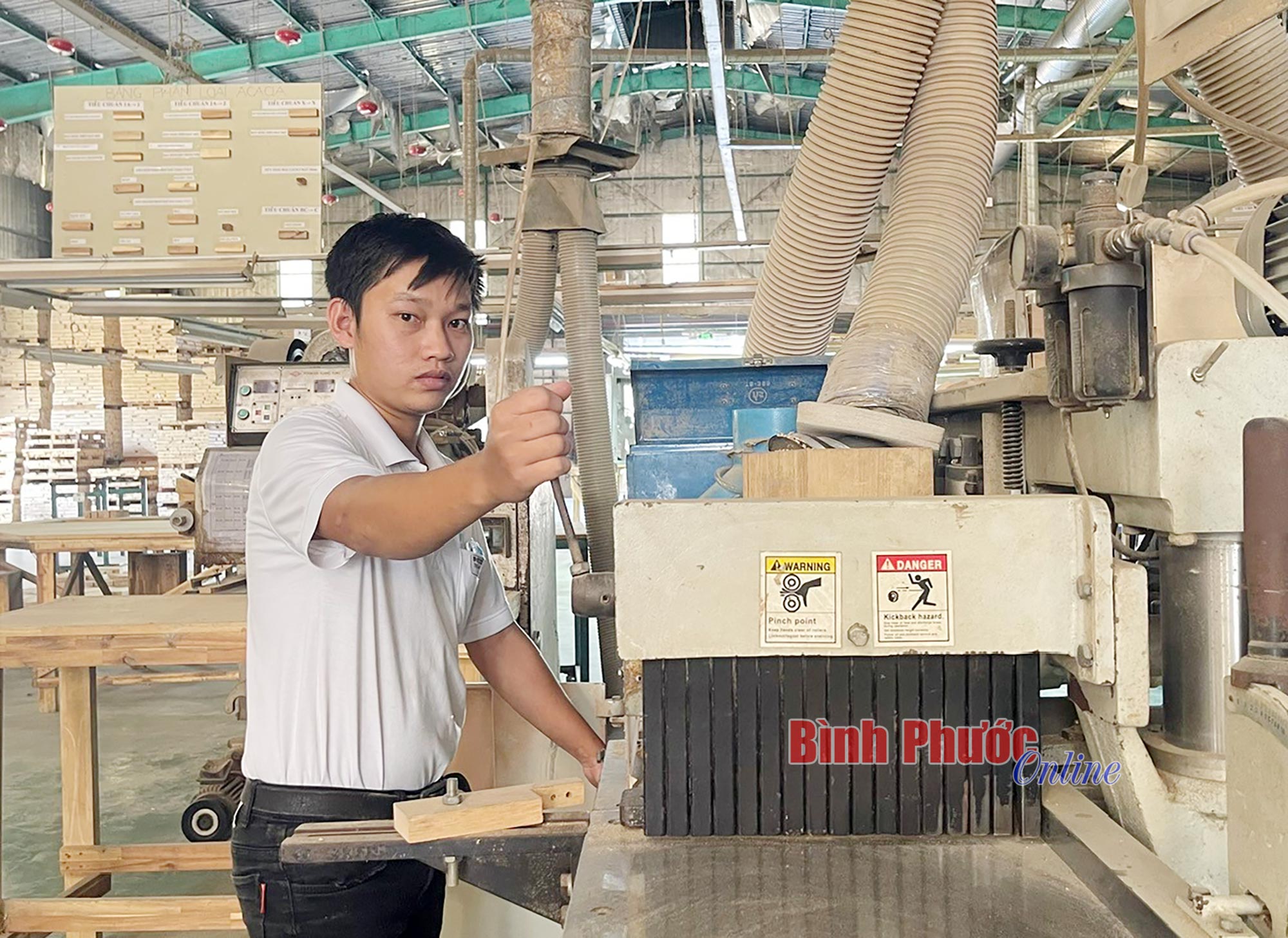

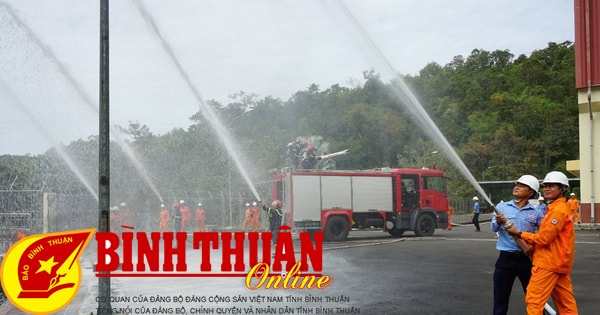










Comment (0)